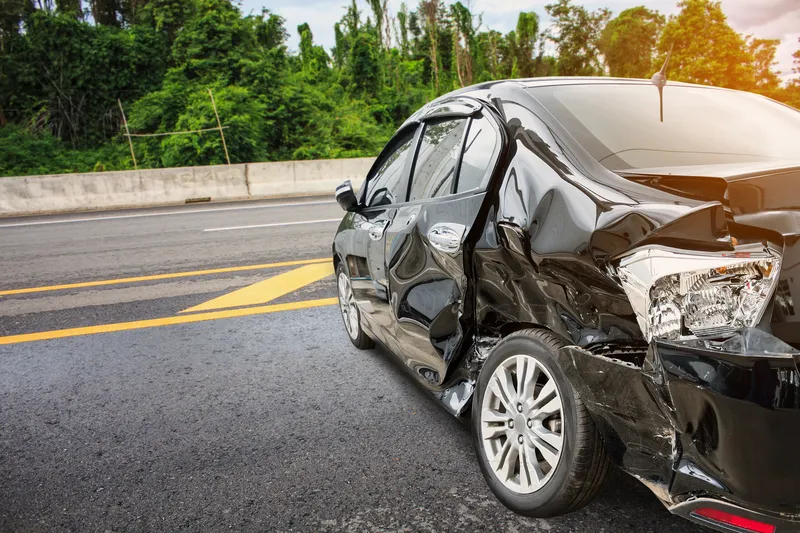US Automotive Logistics (USAL) is to trial Car Delivery Network’s new electronic logging device (ELD), which captures truck and driver performance, GPS and hours of service data and transmits it back to CDN’s cloud servers.
CDN has developed the new technology to support automotive carriers in the US, as both electronic logging and electronic reporting of hours of service (HOS) will soon be a legal FMCSA requirement.
The ELD devices are connected to the truck’s CAN bus and driver’s tablet via Bluetoo
August 8, 2016
Read time: 2 mins
US Automotive Logistics (USAL) is to trial Car Delivery Network’s new electronic logging device (ELD), which captures truck and driver performance, GPS and hours of service data and transmits it back to CDN’s cloud servers.
CDN has developed the new technology to support automotive carriers in the US, as both electronic logging and electronic reporting of hours of service (HOS) will soon be a legal FMCSA requirement.
The ELD devices are connected to the truck’s CAN bus and driver’s tablet via Bluetooth and transmit truck data to support the hours of service (HOS) application running on the tablet.
CDN’s HOS application will be fully integrated with its suite of CDN apps, including the vinDELIVER ePOD application, which is now used in the delivery of 15 per cent of all new vehicle movements in the US. In addition, as a comprehensive driver and truck performance application, ELD will support drivers and help the carrier’s dispatch office manage driver hours and fleet operations more effectively.
CDN has developed the new technology to support automotive carriers in the US, as both electronic logging and electronic reporting of hours of service (HOS) will soon be a legal FMCSA requirement.
The ELD devices are connected to the truck’s CAN bus and driver’s tablet via Bluetooth and transmit truck data to support the hours of service (HOS) application running on the tablet.
CDN’s HOS application will be fully integrated with its suite of CDN apps, including the vinDELIVER ePOD application, which is now used in the delivery of 15 per cent of all new vehicle movements in the US. In addition, as a comprehensive driver and truck performance application, ELD will support drivers and help the carrier’s dispatch office manage driver hours and fleet operations more effectively.








